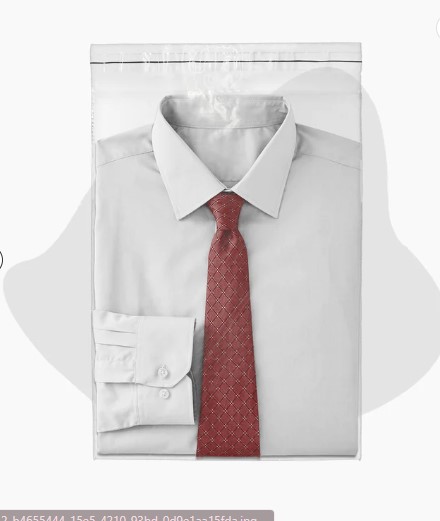Self Seal Bags
In the realm of packaging solutions, self-seal bags stand out as a versatile and efficient option that meets a variety of needs across different industries. Also known as resealable bags or ziplock bags, these innovative packaging materials have revolutionized how we store, protect, and transport items ranging from food products to electronics and beyond.
Definition and Functionality
Self-seal bags are characterized by their ability to be easily opened and closed repeatedly without the need for additional sealing equipment. This is made possible by a built-in closure mechanism typically consisting of interlocking plastic tracks or a press-to-close system. The primary advantage of self-seal bags lies in their convenience—they eliminate the hassle of traditional packaging methods that require heat sealing or external closure devices.
Applications in Various Industries
Food Industry: In food packaging, self seal bag ensure freshness and prevent contamination. They are commonly used for storing snacks, sandwiches, and other perishable items. The airtight seal helps in preserving flavors and extending shelf life.
Retail and Consumer Goods: Retailers often use self-seal bags for packaging small items such as jewelry, cosmetics, and stationery. The transparency of the bags allows customers to inspect products easily before purchase.
Medical and Pharmaceutical: In the healthcare sector, self-seal bags play a crucial role in maintaining sterility. They are used for packaging medical instruments, disposable gloves, and sterile dressings.
Electronics: Manufacturers use anti-static self-seal bags to protect sensitive electronic components from static electricity and physical damage during shipping and storage.
Documents and Stationery: Offices and educational institutions use self-seal bags to organize and protect documents, art supplies, and other stationery items.

Environmental Considerations
While traditional self-seal bags are primarily made from polyethylene, efforts are being made to introduce eco-friendly alternatives such as biodegradable plastics or recyclable materials. These advancements aim to reduce environmental impact and meet growing consumer demand for sustainable packaging solutions.
Advantages
Convenience: Users appreciate the ease of opening and closing self-seal bags multiple times without compromising the integrity of the seal.
Versatility: Available in various sizes, shapes, and thicknesses, self-seal bags cater to diverse packaging needs across different industries.
Protection: They provide protection against moisture, dust, and other contaminants, ensuring the safety and quality of packaged goods.
Innovations and Future Trends
Recent innovations in self-seal bag technology include enhancements in material strength, improved closure mechanisms for better airtight seals, and the development of smart packaging solutions that incorporate features such as RFID tags or tamper-evident seals.
Self seal bag have become indispensable in modern packaging practices due to their practicality, versatility, and ability to enhance product protection and presentation. As technology continues to evolve, these bags are likely to undergo further improvements, making them even more essential across various sectors. Whether for preserving freshness, organizing supplies, or safeguarding delicate items, self-seal bags continue to play a pivotal role in shaping the future of packaging solutions worldwide.